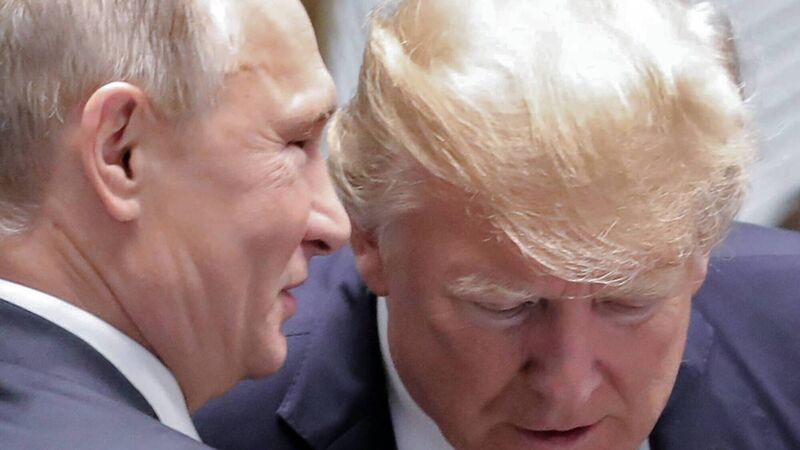Fergus Finlay: We are lucky to live in a democracy and must protect it

Russia's President Vladimir Putin — a madman waging a terrible war — speaking with former US President Donald Trump — a man who conspired to overthrow the elected US government.
It’s a miracle. So much so, I think the Government should declare a once-off national holiday to celebrate the extraordinary milestone we’ve just reached. Give us all an extra day before the summer ends and call it the 5 Mill Day.
I come from a family of emigrants, some of whom never came home after they left Ireland. When I was six, the population of Ireland was less than 3m and it kept going down for a while after that. For a good deal of my adult life, Ireland was a country to leave, not a country to come home to. I never thought we’d be as big, as strong and as vibrant as we are.















